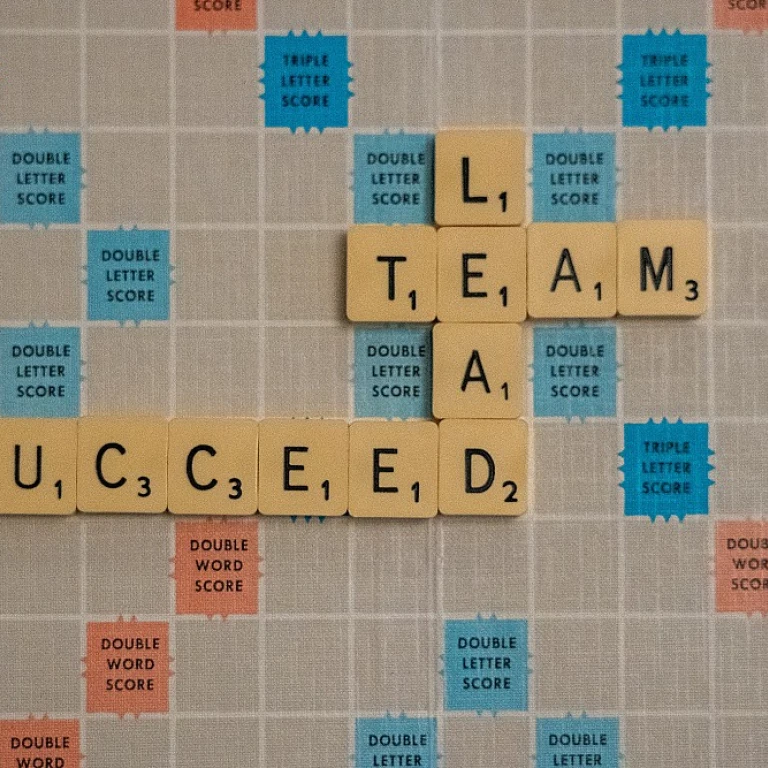Understanding the Importance of Accuracy
The Significance of Precise Background Screening
Accuracy in background checks is not just an ideal; it's a necessity for businesses and organizations looking to safeguard their interests and ensure the integrity of their hiring process. The credibility of a company is often on the line when making employment decisions based on these screenings. Inaccurate background checks can lead to costly hiring mistakes, legal repercussions, and damage to the company's reputation.
Ensuring the accuracy of these checks is critical both for protecting the organization and for maintaining fairness for applicants. A precise background check helps in evaluating the trustworthiness and reliability of potential hires, making it an integral part of the recruitment process.
To achieve accuracy and avoid common errors, a thorough understanding of the intricacies involved in background screenings is essential. Mistakes can occur at various stages, from data entry errors to outdated information being reported. Adopting effective techniques and incorporating technology play a crucial role in minimizing these errors and achieving high levels of precision.
Furthermore, remaining compliant with legal requirements and ethical considerations is another crucial aspect of ensuring accuracy. Implementing a robust quality control process is vital to regularly review and enhance the accuracy of background checks.
To delve deeper into how to enhance the accuracy of these critical screenings, explore our comprehensive guide on enhancing accuracy in background checks.
Common Errors in Background Checks
Identifying and Addressing Frequent Mistakes
Accuracy in background checks is paramount, yet the process can often be fraught with errors that jeopardize the reliability of the information obtained. To ensure precision, it is essential to recognize and address the various mistakes that commonly occur during background screening. These errors can spring from multiple sources, ranging from human oversight to data discrepancies.
One critical issue involves misidentification, especially when dealing with common names. Such overlaps can lead to unwarranted assumptions about an individual's history. Inadequate verification of information may result in outdated or incomplete data being presented as a current and comprehensive account of someone's past. Additionally, inaccuracies can stem from transcription mistakes or misinterpretation of data during the manual entry process.
To mitigate these challenges, being vigilant in the collection and assessment of information is crucial. This entails cross-referencing data from multiple sources, ensuring not only consistency but also completeness. Employing systematic training for staff on understanding records and data evaluation can significantly reduce human-induced errors. Another effective strategy is to routinely reassess the processes and methodologies employed in background checks, allowing for continuous improvement and adaptation to changing regulatory standards.
Addressing these common errors helps lay a foundation for accuracy and enhances the overall credibility of background checks. By recognizing these pitfalls early, organizations can take proactive measures to build robust verification systems that align with both legal obligations and ethical responsibilities.
Techniques for Verifying Information
Effective Methods for Ensuring Precision
In the realm of background checks, vigilance is key to ensuring that the information gathered is both accurate and reliable. Common errors may arise from various sources, including mismatches in identity or outdated records. Thus, verifying information thoroughly is critical in avoiding these pitfalls.
To achieve this, adopting multiple techniques can be beneficial:
- Corroboration with Public Records: Cross-referencing data with publicly available records such as court documents or official government registries helps substantiate the accuracy of the information.
- Direct Verification with Employers and Institutions: Contacting previous employers, academic institutions, or any referring agencies directly can confirm the legitimacy of the claims made in a candidate's profile.
- Utilizing Global Databases: For comprehensive insight, international databases can offer a broader perspective, particularly in uncovering details that might evade domestic tools.
By meticulously applying these strategies, both the company and the candidate benefit from a transparent and efficient process. To explore further tips on how enhancing the candidate experience during screening can improve accuracy and trust, visit background check tips. This approach, combined with technological assistance, lays the foundation for precise and credible background assessments.
Leveraging Technology for Accurate Checks
Integrating Advanced Tools and Systems
The ever-changing landscape of technology offers significant opportunities to enhance the accuracy of background checks. Implementing the right tools can streamline processes, reduce human error, and increase data accuracy.
Automated Solutions
Automation plays a crucial role in minimizing human oversight. Automated background check software can help in consistently verifying large quantities of information swiftly. This technology can also cross-reference data across multiple sources, reducing the likelihood of discrepancies.
Data Management Platforms
Using robust data management platforms allows for better organization and analysis of information collected during background checks. These platforms can compile data from various elements of the check, such as {{keywords}}, to ensure a comprehensive overview. By providing a singular interface, these systems help make data entries less prone to errors.
Artificial Intelligence and Machine Learning
AI and machine learning are formidable allies in identifying patterns and anomalies within data. These technologies can enhance the quality of background checks by learning from previous errors to improve future processes, thus ensuring more accurate checks. They can be particularly effective in verifying complex or voluminous information, which might be otherwise prone to human mistakes.
Secure Data Transmission
In addition to employing the latest technologies, it's essential to ensure that data is transmitted securely. Encryption and other data protection measures are crucial in preventing unauthorized access, thereby maintaining the integrity of the background check process. This aligns with the legal and ethical considerations that need to be addressed during any background check.
By leveraging advanced technology, companies can build a foundation for more accurate and reliable background checks, fostering trust and confidence in their hiring processes.
Legal and Ethical Considerations
Balancing Compliance and Integrity
When conducting background checks, it’s crucial to navigate the legal landscape with precision. Ensuring compliance with laws such as the Fair Credit Reporting Act (FCRA) in the United States is not just a legal obligation but a cornerstone of ethical practice. These regulations are designed to protect the rights of individuals, ensuring that their personal information is handled with care and transparency.
Understanding Consent and Disclosure
A fundamental aspect of legal compliance is obtaining proper consent from the individual being screened. This involves providing clear and concise disclosure about the nature and scope of the background check. It’s essential to communicate effectively, ensuring that candidates understand what information will be gathered and how it will be used. This transparency builds trust and reduces the risk of legal disputes.
Adhering to Anti-Discrimination Laws
Background checks must be conducted in a manner that is free from discrimination. Adhering to anti-discrimination laws means ensuring that checks are applied consistently across all candidates, regardless of race, gender, age, or other protected characteristics. This not only supports legal compliance but also promotes a fair and equitable hiring process.
Implementing Ethical Standards
Beyond legal requirements, establishing ethical standards for background checks is vital. This involves setting guidelines for what information is relevant and necessary for the hiring decision. Avoiding unnecessary intrusions into a candidate’s privacy is not only ethical but also respects their dignity and fosters a positive relationship from the outset.
Staying Informed and Updated
The legal and ethical landscape of background checks is continually evolving. Keeping abreast of changes in legislation and best practices is essential for maintaining compliance and upholding ethical standards. Regular training and updates for those involved in the background check process can help ensure that your organization remains on the right side of the law and maintains its reputation for integrity.
Implementing a Quality Control Process
Establishing a Robust Oversight Framework
Implementing a quality control process is crucial to maintaining the accuracy and reliability of background checks. By doing so, it ensures all information gathered is systematically verified and meets the legal and ethical standards discussed earlier. Let's delve into some best practices for setting up an effective quality control framework.
- Regular Audits: Conducting regular audits can help identify any discrepancies or areas needing improvement in the background check process. Consistent reviews can catch errors early, minimizing the likelihood of incorrect data being used in decision-making.
- Clear Guidelines and Training: Clear guidelines ensure that staff members conducting background checks are aware of the correct procedures and legal requirements. Regular training sessions can provide updates on changes in laws or emerging trends.
- Double-Check Systems: Implementing a system where checks are verified by multiple personnel can reduce the chance of human error. This cross-verification can ensure that data reviewed is consistent and accurate.
- Feedback Mechanism: Establishing a feedback mechanism allows for continuous improvement. Encourage those involved in the process to provide insights into potential improvements or challenges encountered.
By focusing on quality control, companies can assure stakeholders of the integrity and accuracy of their background screening processes, thereby enhancing trust and compliance.



